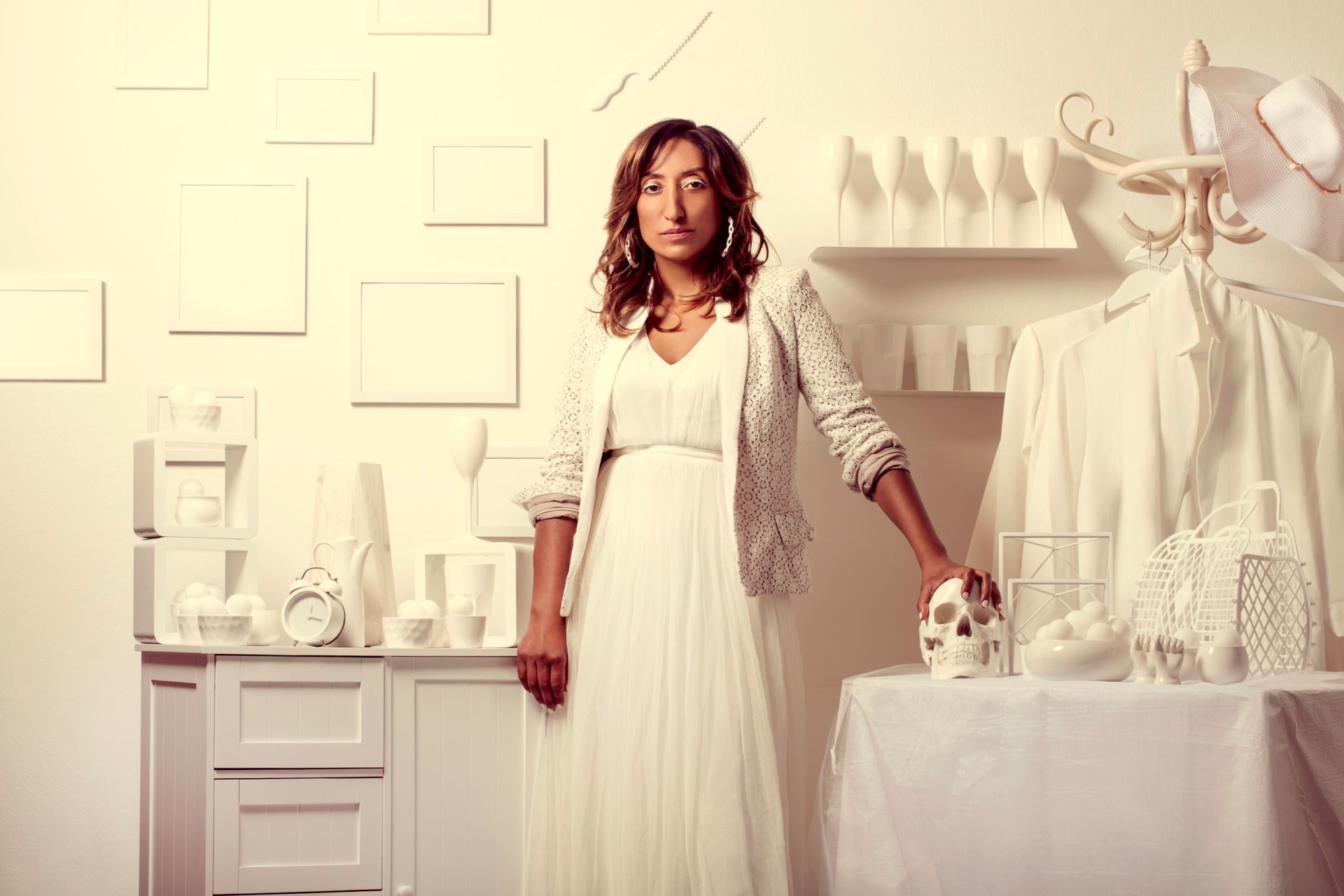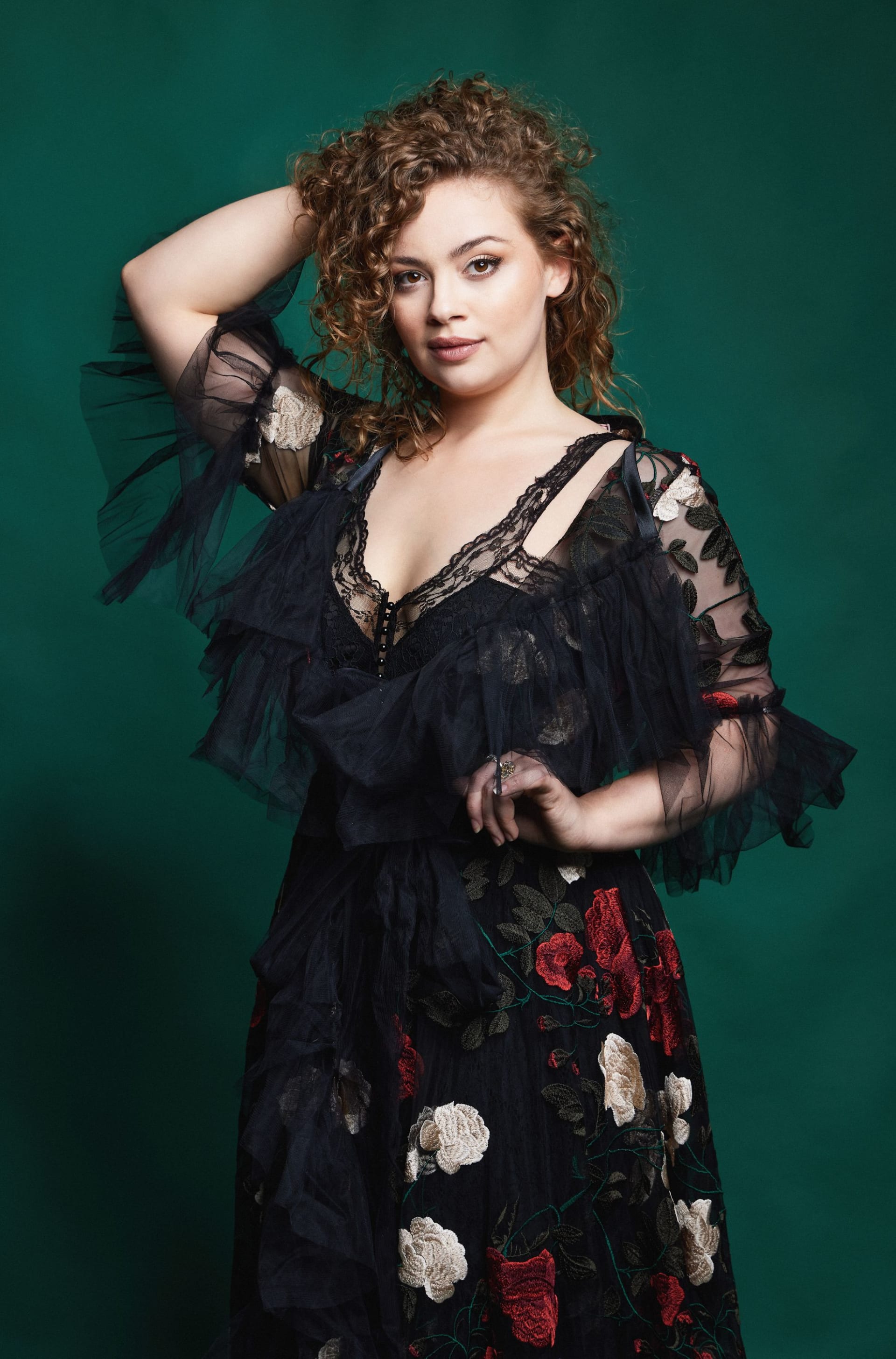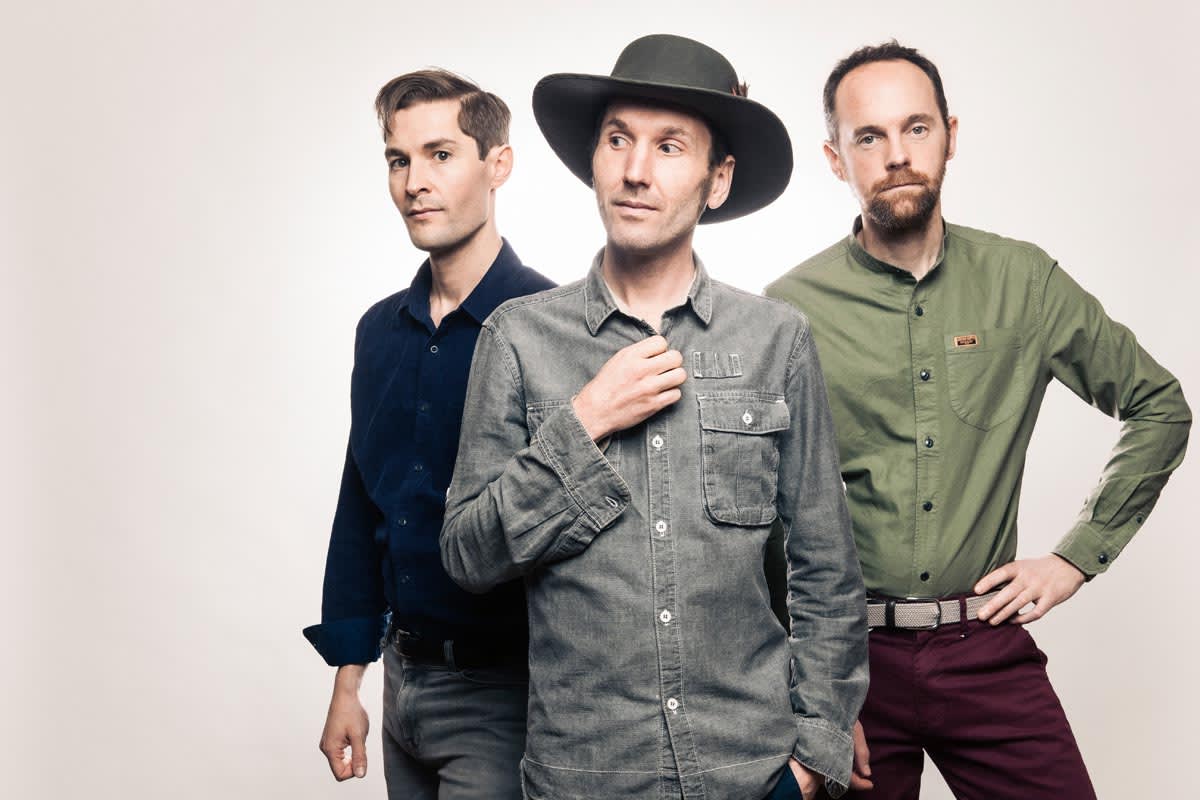Shazia Mirza on Comedy, Cancel Culture, Controversy and her current show, Coconut.
Tell us about the show…
This is my first tour show since the pandemic – it was meant to start in March 2020 and then obviously we went into lockdown three weeks later. So it never actually happened until the pandemic was over. It’s done really well – it was nominated for a National Comedy award, and I’m putting on two extra dates, (3 March at the Cornerstone Arts Centre and then 11 March at the Birmingham Rec). It’s about survival. Different forms of survival and helping others. On the Island [Shazia appeared on The Island with Bear Grylls in 2017] the women did better than the men because generally women are better survivors than men.
I know you had times earlier in your career when you didn’t have the success and recognition that you have now. What gave you the impetus to keep going?
Well, stand-up comedy is really difficult, even when you are a name and other people think you’ve made it. It is really hard, everything about it is hard: you've got to write new material, you've got to constantly write new jokes, you have to travel on the road for hours and weeks and months often by yourself, staying in hotels and then you get on stage and sometimes when it doesn't go well it's only you to blame and nobody really understands because it was just you. Then, you've got to get up again and go on stage again the next night. It can be lonely and difficult.
It's easy to pay for a ticket and go to a club and have a laugh but it's really a difficult job, which is why so few people do it, become successful and do it for a lifetime and get paid. I heard Harry Hill saying this on Radio 4, he said ‘the people that become successful in comedy are often not the funniest or the best comedians, they are just the ones who kept going’. You can be very demoralised and I think obviously, like in many areas of work, it's harder for women. It just is harder for women, they are still on the backfoot in so many ways and it is the same in comedy really. In fact, the people that are still around now that I started with are white men, like Russell Howard and John Bishop. None of the women I started with are still doing comedy. It was just so hard.
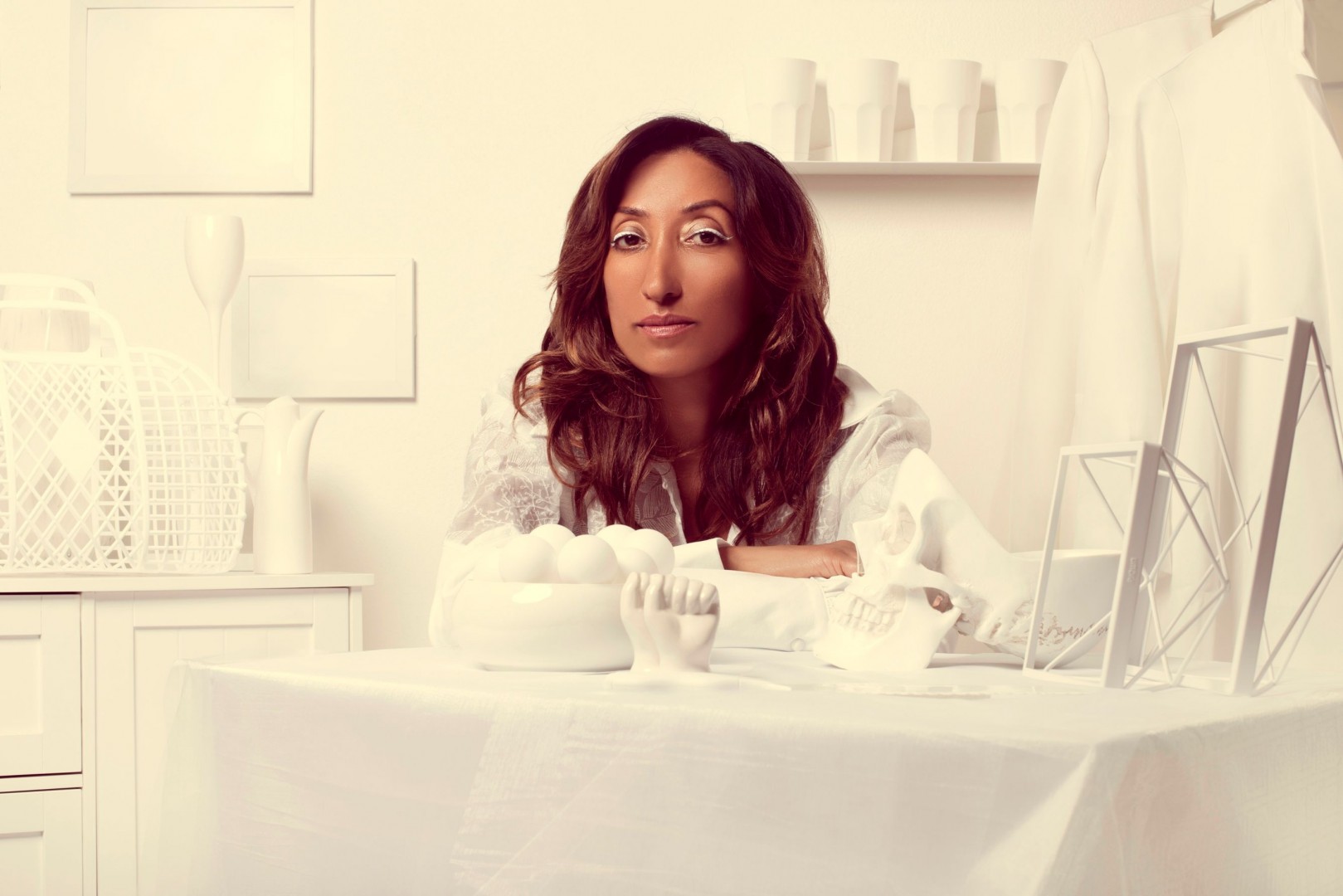
You have famously courted controversy: is there anywhere you wouldn't go?
In the world?
No, sorry. I mean in terms of is there anything you wouldn't joke about?
No.
Ok. How about in the world – is there anywhere you wouldn’t go?
To do comedy? I wouldn't go to Russia and I wouldn't go to Afghanistan and there are certain parts of America I wouldn't go to and they wouldn’t want me to go to.
Are there things now that you've said in the past that you would take back, considering the ‘cancel culture age’?
No. In comedy sometimes when you’re on stage you do things in the moment and you improvise or you say things off the cuff, or you’re bantering with someone in the audience. You say things that are not planned and that are not edited and that you haven’t had time to think about – the first thing that came into your head. That’s the excitement of standup, that sometimes you say those things in the moment, and you haven’t thought about it and it's not planned in advance. Because it is so spontaneous, often those are the funniest things you say. It’s also about the time that you said those things, you know sometimes I said things 10 years ago which were absolutely acceptable to say then. Obviously, 10 years on you have things like political correctness, you have more sensitivity towards people with mental health, and young people, and – especially since the pandemic – things have changed. Things have progressed and there are so many more boundaries. You can’t apologise for something you said 20 years ago because the circumstances were so different.
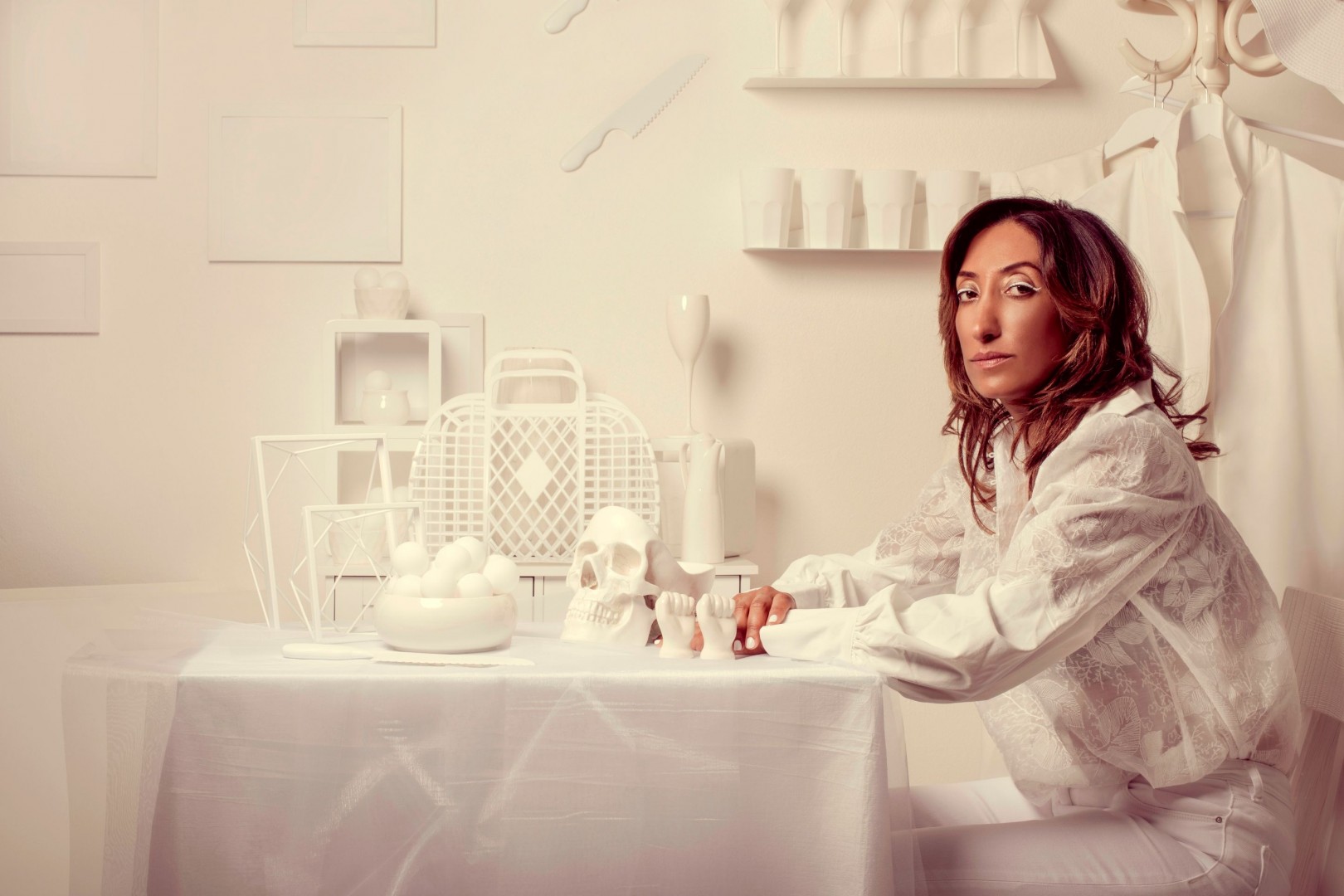
That makes sense. You once said, on getting older, that you feared your voice might be no longer important or necessary. What are your thoughts on that now?
Well, it hasn't stopped Ricky Gervais or Dave Chapelle, as he’s got older he’s become more vocal about what he thinks. I think it affects women differently because men – white men – still say what they want in comedy and get away with it.
I hear a lot of women in TV and comedy say they feel like they’re invisible now. There’s a comedian – she’s 40 – and she said to me she walks into a green room now and she feels like the younger comedians are looking at her like she’s an old lady, a grandma. That’s so weird because in comedy you don’t really get good until you're in your 40s. I mean, I remember Ricky Gervais saying that nobody under 40 is funny. That’s not true but really you get funnier when you don’t care as much and when you've got a lot more to say. When you’re in your 20s and 30s there’s a lot of wanking jokes on the circuit, but then you see the comedians in their 40s they do have interesting stories and points of views on stuff.
But you haven’t found that?
No. Well, but as an Asian woman I was invisible at 30 because if you’re not married and you haven't got kids, as an Asian woman, you’re kind of written off. You fall by the wayside, an outcast. You become invisible a lot earlier as an Asian woman so I think I knew I had to fight to stay visible.
Coconut will be at Cornerstone Arts, Didcot on 3 March.
For tickets visit cornerstone-arts.org
Image credit: Idil Sukan

